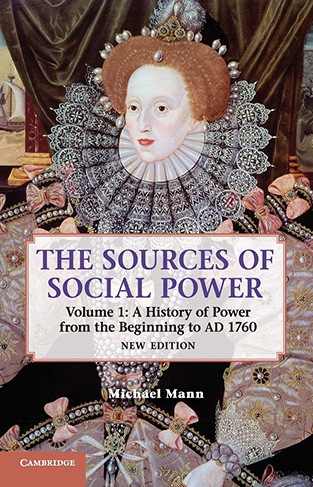The Sources of Social Power: 1
By: Michael Mann
-
Rs 13,495.00
Due to constant currency fluctuation, prices are subject to change with or without notice.
Our Fragile Moment - How Lessons from the Earth's Past Can Help Us Survive the Climate Crisis
By: Michael Mann
Rs 4,295.00 Ex Tax :Rs 4,295.00
Zubin Mehta: A Musical Journey (An Authorized Biography)
By: VOID - Bakhtiar K. Dadabhoy
Rs 840.00 Rs 1,050.00 Ex Tax :Rs 840.00
No similar books from this author available at the moment.
No recently viewed books available at the moment.
Zubin Mehta: A Musical Journey (An Authorized Biography)
By: VOID - Bakhtiar K. Dadabhoy
Rs 840.00 Rs 1,050.00 Ex Tax :Rs 840.00
Our Fragile Moment - How Lessons from the Earth's Past Can Help Us Survive the Climate Crisis
By: Michael Mann
Rs 4,295.00 Ex Tax :Rs 4,295.00

















-120x187.jpg?q6)













